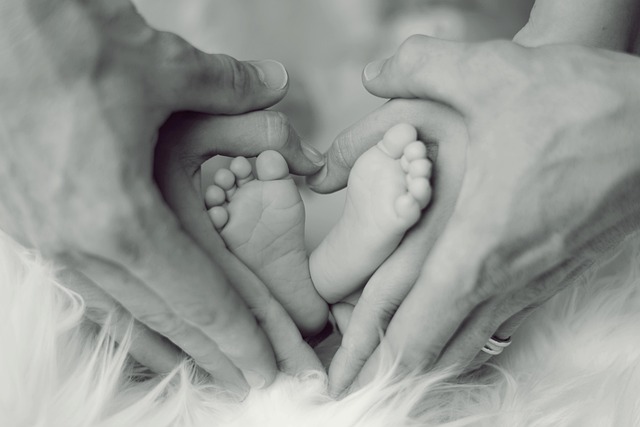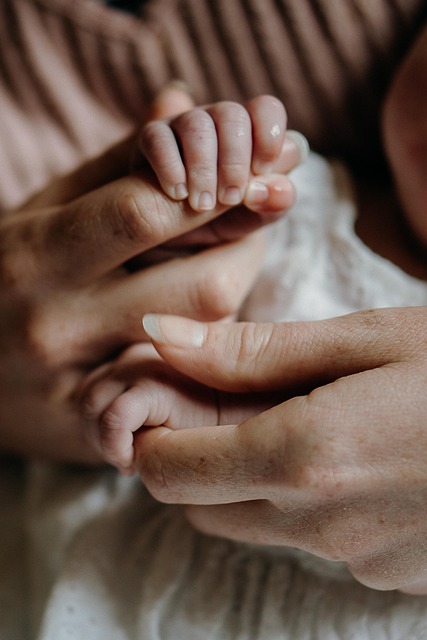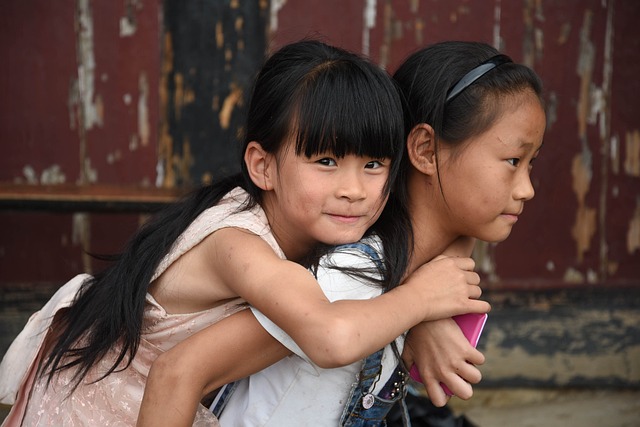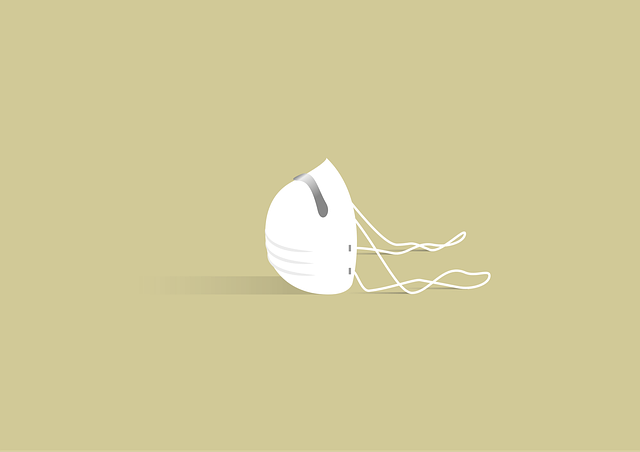In Oregon, especially within Marion County's DHS child protective services, navigating complex child welfare disputes requires specialized legal assistance. The focus is on balancing parental rights protection and determining the best interests of the child. Marion County Child Advocacy centers offer critical resources, counseling, and representation, guided by Oregon family law, to ensure both parental bonds remain intact and children receive adequate support. Through collaboration between Marion County Child Advocacy and Oregon Family Law, tailored legal services are provided, prioritizing the safety and well-being of children while safeguarding parental rights in DHS child welfare cases. A multi-faceted approach including mediation, court orders, and collaborative law ensures positive outcomes like temporary custody arrangements, family reunification, or alternative care placements.
Child welfare disputes can be complex and emotionally charged, often pitting parents against child protective services (CPS) or DHS. In such scenarios, access to effective child welfare legal services is crucial for protecting parental rights. This article explores strategies for resolving these disputes, focusing on DHS child welfare cases and the unique role of Marion County Child Advocacy in Oregon’s approach to child protective services law. Understanding these mechanisms is key to navigating Oregon family law and ensuring the best outcome for all involved.
- Understanding Child Welfare Disputes and Legal Services
- Parental Rights Protection in DHS Child Welfare Cases
- Marion County Child Advocacy and Oregon Family Law
- Strategies for Resolving Disputes Effectively
Understanding Child Welfare Disputes and Legal Services

Child welfare disputes often arise when there are concerns about a child’s safety and well-being, leading to involvement from various agencies, including Oregon’s Department of Human Services (DHS) child protective services. These cases can be complex, involving sensitive issues related to family dynamics, parental rights protection, and the best interests of the child. In Marion County, the child advocacy team plays a crucial role in navigating these challenges, ensuring that all parties involved receive legal assistance and representation.
Legal services for child welfare disputes are designed to safeguard parental rights while also promoting the child’s security and stability. Oregon family law provides a framework for resolving such conflicts, offering various options like mediation, court proceedings, or collaborative law approaches. These methods aim to find suitable solutions that can range from temporary custody arrangements to long-term plans for family reunification or alternative care placements. By leveraging legal expertise, families can navigate the complexities of DHS child welfare cases and work towards positive outcomes for all involved.
Parental Rights Protection in DHS Child Welfare Cases

In DHS child welfare cases, the primary focus is on ensuring the safety and well-being of children while also safeguarding parental rights. When families face child welfare disputes, accessing legal assistance becomes paramount. Oregon’s child protective services law provides a framework to protect both vulnerable children and their parents’ rights during these challenging times.
In Marion County, child advocacy centers play a crucial role in supporting families through this process. These specialized facilities offer resources, counseling, and representation for parents, enabling them to navigate the complexities of Oregon family law and advocate for their rights. By providing legal guidance, these services ensure that parental bonds remain intact while ensuring children receive the necessary support.
Marion County Child Advocacy and Oregon Family Law

Marion County Child Advocacy plays a pivotal role in resolving child welfare disputes by providing specialized legal services tailored to the unique needs of children and families involved in DHS child welfare cases. Their team, comprised of experienced attorneys and advocates, offers comprehensive support throughout the process, ensuring that parental rights are protected while the best interests of the child remain paramount.
Oregon Family Law further facilitates these efforts by offering expertise in navigating complex family law issues that often accompany child welfare cases. This collaboration between Marion County Child Advocacy and Oregon Family Law ensures a holistic approach to dispute resolution, where both the legal and emotional well-being of children are prioritized, fostering a safer and more stable environment for all involved.
Strategies for Resolving Disputes Effectively

When it comes to resolving child welfare disputes, a strategic approach is essential. One effective method involves mediation, where a neutral third party facilitates negotiations between all parties involved, including parents, guardians, and DHS child welfare workers. This process encourages open communication, allows for mutual understanding, and can lead to mutually agreeable solutions without the need for lengthy court battles. By addressing concerns and finding common ground, mediation helps preserve parental rights while ensuring the child’s safety and well-being.
Additionally, legal assistance plays a pivotal role in navigating complex Oregon family law and DHS child welfare cases. Child protective services law specialists can provide guidance tailored to each unique situation, helping parents understand their rights and obligations. These legal professionals also assist in preparing and presenting evidence, ensuring that all relevant information is considered during the dispute resolution process. For instance, Marion County child advocacy groups offer valuable resources, supporting families throughout the legal proceedings while advocating for the best interests of the child.






